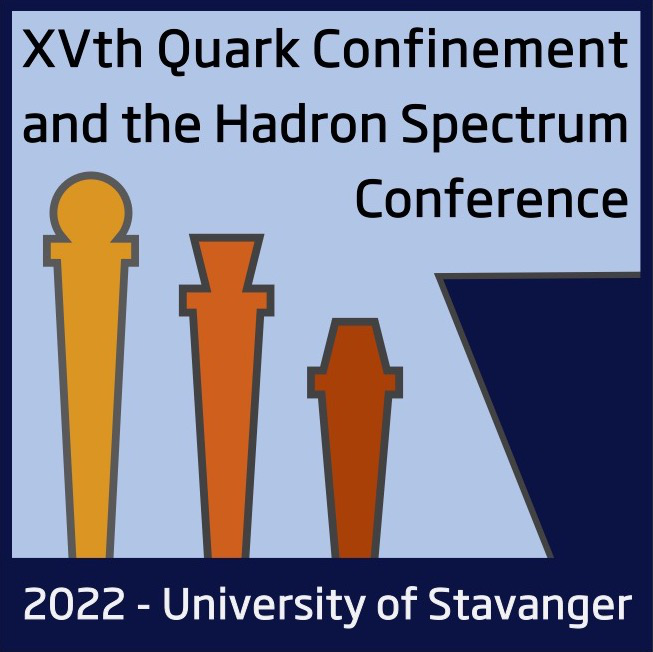Speaker
Description
As a consequence of the theoretical improvements and the wide range of accurate experimental measurements, our understanding of the collective phenomena in heavy-ion collisions has advanced significantly over the past years. The Global Bayesian analysis played a substantial role in this advancement. In this talk, we present a global Bayesian analysis to infer the transport properties of Quark-Gluon Plasma, using the latest Large Hadron Collider Pb-Pb data at $\sqrt{s_{\text{NN}}}$=2.76 and 5.02 TeV. We show that including the latest multi-harmonic flow measurements significantly improves the uncertainties of the inferred specific shear and bulk viscosities. This observation shows the necessity of accurate measurements of collective flow independent observables in the future. We also discuss the challenges in modeling the observed flow-like signals in the small systems including some results from the Bayesian analysis and its prospects for future improvements.

